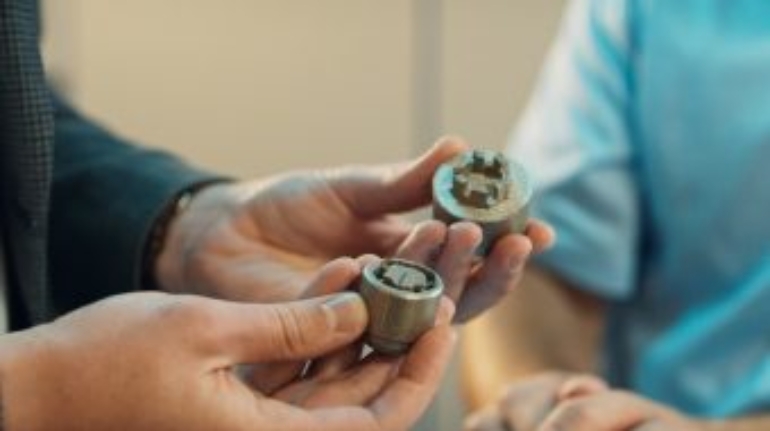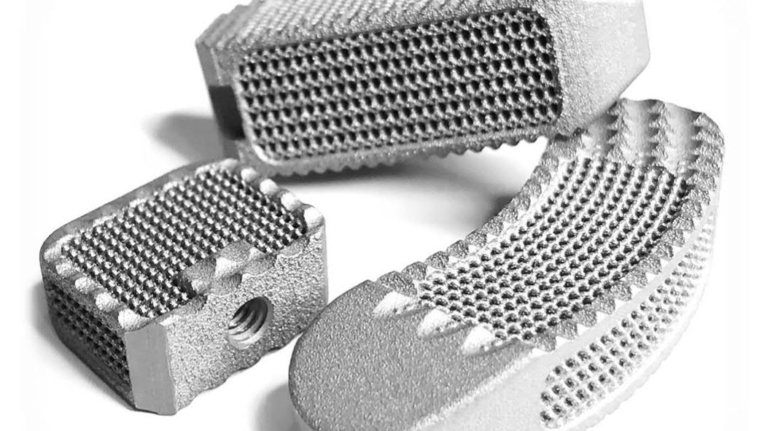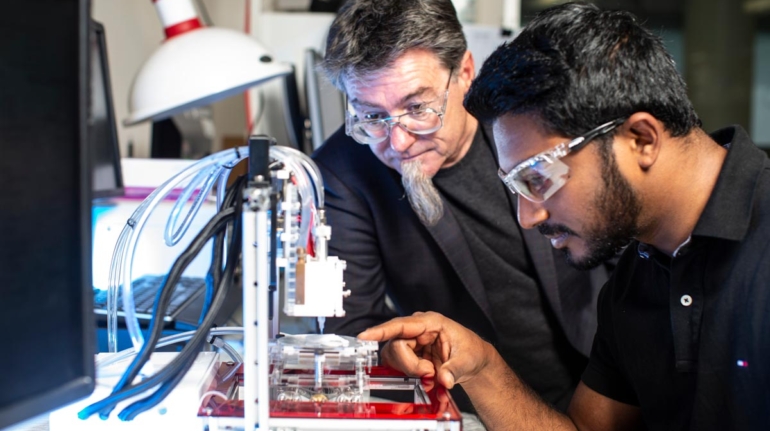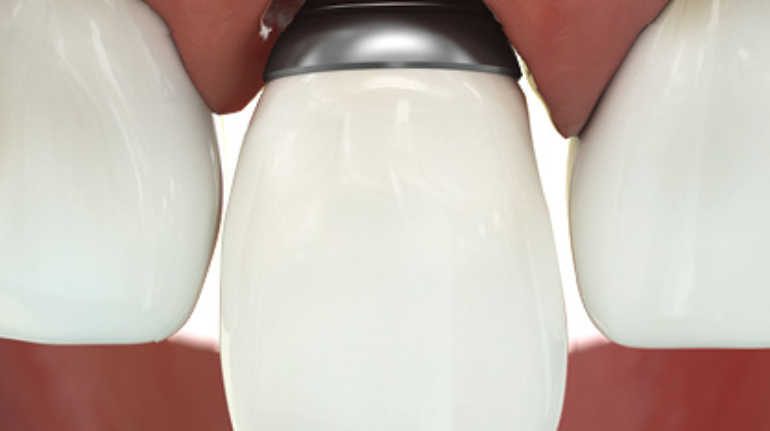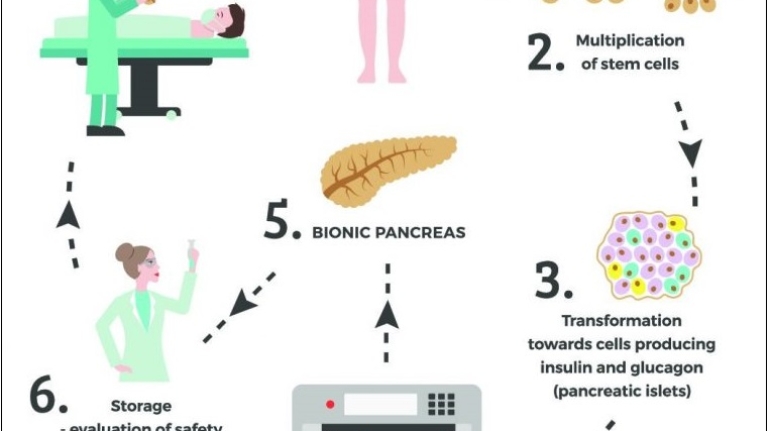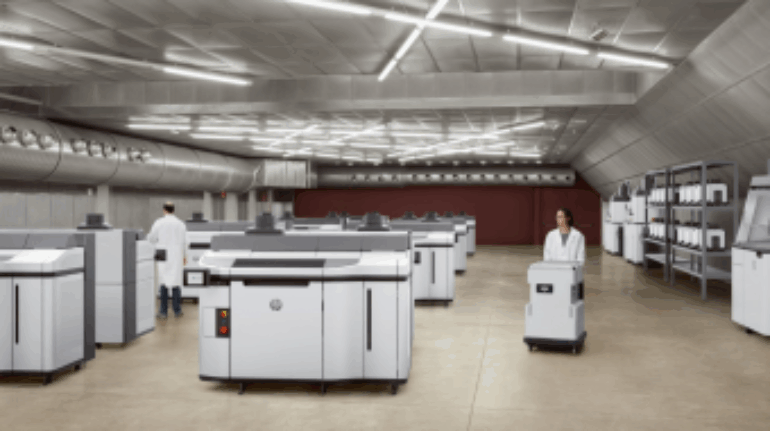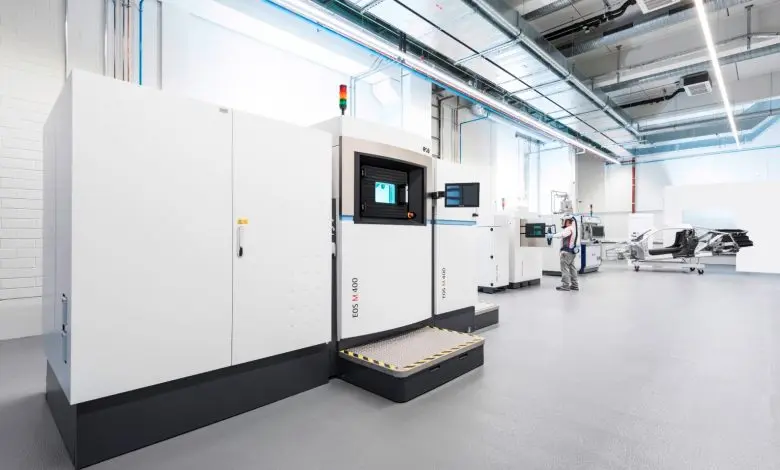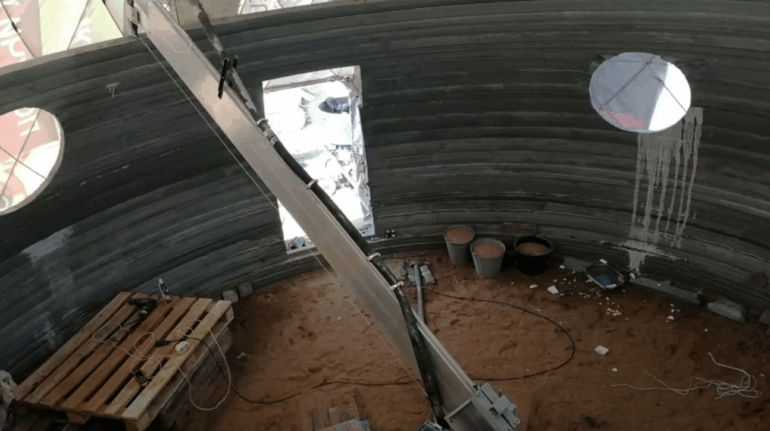Ford and HP Reuse Spent 3D Printed Powders and Parts Sustainability
Ford teamed up with HP to reuse spent 3D-printed powders and parts, thus closing a supply chain loop and turning them into injection-molded vehicle parts. The recycled materials are being used to manufacture injection-molded fuel-line clips installed first on Super Duty F-250 trucks. The parts have better chemical and moisture resistance than conventional versions, are 7% lighter and cost 10% less. The Ford research team has identified 10 other fuel-line clips on existing vehicles that could benefit from this innovative use of material and are migrating it to future models.

